Home>Garden Essentials>How To Use Fenugreek Seeds
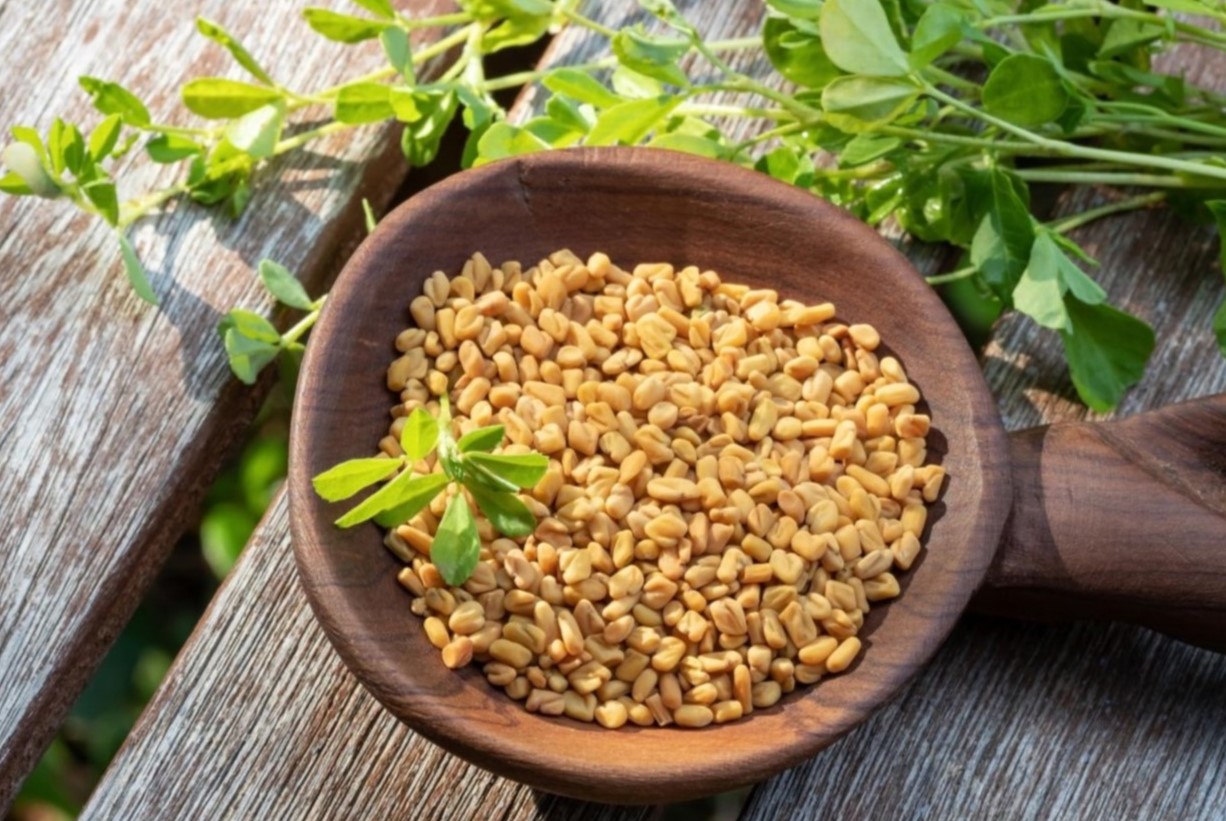

Garden Essentials
How To Use Fenugreek Seeds
Modified: March 15, 2024
Learn how to effectively use fenugreek seeds in your garden for optimal growth and results. Discover expert tips and techniques to maximize the benefits of this versatile seed.
(Many of the links in this article redirect to a specific reviewed product. Your purchase of these products through affiliate links helps to generate commission for Storables.com, at no extra cost. Learn more)
Introduction
Welcome to the world of fenugreek seeds, a little spice with countless benefits! Fenugreek, scientifically known as Trigonella foenum-graecum, is an ancient herb that has been prized for its medicinal and culinary uses for centuries. Native to the Mediterranean region, fenugreek seeds have made their way into kitchens and herbal medicine cabinets around the world.
These small, golden-brown seeds are packed with nutrients and have been renowned for their health benefits. From aiding digestion to promoting healthy skin and hair, fenugreek seeds offer a wide range of advantages. In this article, we will explore the various benefits and uses of fenugreek seeds, as well as provide some precautions and side effects to be aware of.
Whether you are a seasoned chef looking to spice up your dishes or someone interested in natural remedies, fenugreek seeds are a fantastic addition to your pantry. Let’s dive deeper into the world of fenugreek and discover how to harness its powers for your well-being.
Key Takeaways:
- Fenugreek seeds offer a wide range of health benefits, from aiding digestion to promoting heart health and boosting immunity. They can be used in cooking, hair care, skincare, and weight management to enhance overall well-being.
- While fenugreek seeds have numerous advantages, it’s important to be aware of potential precautions and side effects. Always consult with a healthcare professional before using them, especially if you have specific health conditions or are taking medications.
Read more: How To Use Fenugreek Seeds For Hair
Benefits of Fenugreek Seeds
Fenugreek seeds are a powerhouse of nutrients that offer a multitude of health benefits. Here are some of the key advantages of incorporating fenugreek seeds into your diet:
- Improved Digestion: Fenugreek seeds are known to stimulate digestion and help alleviate common digestive issues such as indigestion, bloating, and constipation. The high fiber content in the seeds helps regulate bowel movements and promotes a healthy gut.
- Blood Sugar Regulation: Fenugreek seeds have been traditionally used to manage blood sugar levels. Studies have shown that fenugreek seeds may improve insulin sensitivity and lower blood sugar levels, making them beneficial for individuals with diabetes or pre-diabetes.
- Heart Health: The seeds contain compounds that may help lower cholesterol levels and reduce the risk of heart disease. Fenugreek seeds may also support healthy blood pressure levels, thanks to their high potassium content.
- Anti-Inflammatory Properties: Fenugreek seeds have anti-inflammatory properties that can help reduce inflammation in the body. This makes them useful for managing conditions such as arthritis, joint pain, and inflammation-related skin disorders.
- Boosted Immunity: Fenugreek seeds are rich in antioxidants, vitamins, and minerals that support a healthy immune system. Regular consumption of fenugreek seeds may help protect against common illnesses and infections.
- Enhanced Milk Production: Fenugreek seeds are often recommended to lactating mothers to help increase breast milk production. These seeds contain compounds that stimulate milk secretion and can be a valuable aid for nursing mothers.
- Weight Management: Fenugreek seeds are believed to aid in weight loss due to their appetite-suppressing properties. These seeds can help you feel fuller for longer, reducing the tendency to overeat and supporting healthy weight management.
These are just a few of the many benefits fenugreek seeds have to offer. With their impressive nutritional profile and versatile nature, fenugreek seeds can be a valuable addition to a healthy lifestyle.
Culinary Uses of Fenugreek Seeds
Fenugreek seeds have a distinct flavor profile that adds depth and complexity to various dishes. They are commonly used as a spice in Indian, Middle Eastern, and Mediterranean cuisines. Here are some popular culinary uses of fenugreek seeds:
- Spice Blends: Fenugreek seeds are a key ingredient in many spice blends, such as curry powder and garam masala. They contribute a slightly bitter, nutty flavor and a pleasant aroma to these blends.
- Curries and Stews: Fenugreek seeds are often used in curries, stews, and meat dishes to add depth and richness to the flavor. They pair exceptionally well with spices like cumin, coriander, and turmeric, creating a complex and aromatic base for these dishes.
- Seasoning for Vegetables: Fenugreek seeds can be toasted and crushed to create a flavorful seasoning for roasted vegetables. Sprinkle them over roasted potatoes, cauliflower, or carrots for a unique twist.
- Breads and Flatbreads: In Indian cuisine, fenugreek seeds are commonly used in bread and flatbread recipes. They can be added to the dough or used as a topping for breads like naan or paratha, adding a distinctive flavor and texture.
- Flavorful Infusions: Fenugreek seeds can be soaked in water or oil to create infusions that can be used in dressings, marinades, or sauces. These infusions impart a subtle bitterness and a hint of nuttiness to the dish.
- Chutneys and Pickles: Fenugreek seeds can be used to make flavorful chutneys and pickles. They add a tangy and slightly bitter taste that balances the sweetness or sourness of fruits or vegetables in these preparations.
When using fenugreek seeds in your cooking, it’s important to remember that a little goes a long way. The seeds have a potent flavor, so start with small quantities and adjust according to your taste preferences.
Experiment with fenugreek seeds in your favorite recipes and explore the different ways they can enhance the flavors of your dishes. Their unique taste and aroma will undoubtedly add a delicious twist to your culinary creations.
Medicinal Uses of Fenugreek Seeds
Beyond their culinary applications, fenugreek seeds have been used for centuries in traditional medicine systems for their numerous healing properties. Here are some of the medicinal uses of fenugreek seeds:
- Digestive Health: Fenugreek seeds have long been used to soothe digestive issues such as indigestion, bloating, and gastritis. The high fiber content of the seeds helps promote regular bowel movements and can provide relief from constipation.
- Diabetes Management: Fenugreek seeds contain compounds that may help regulate blood sugar levels in individuals with diabetes. Studies have shown that fenugreek seeds can improve insulin sensitivity and reduce post-meal blood glucose spikes.
- Anti-Inflammatory Effects: The anti-inflammatory properties of fenugreek seeds make them useful in managing various inflammatory conditions, including arthritis, gout, and inflammatory bowel disease. They can help reduce pain, swelling, and discomfort associated with these conditions.
- Decreased Cholesterol Levels: Fenugreek seeds have been shown to lower LDL (bad) cholesterol levels and triglycerides, thus reducing the risk of heart disease. Regular consumption of fenugreek seeds may help improve overall heart health.
- Milk Production in Lactating Women: Fenugreek seeds are often used to promote milk production in breastfeeding mothers. They contain compounds that can stimulate the production and secretion of breast milk, helping lactating women maintain an adequate milk supply.
- Enhanced Libido and Sexual Health: Fenugreek seeds are believed to have aphrodisiac properties and are often used to boost libido and improve sexual health. They are thought to increase testosterone levels and improve sexual performance.
- Respiratory Health: Fenugreek seeds have expectorant properties, making them useful for respiratory conditions such as coughs, bronchitis, and asthma. They can help loosen mucus and relieve congestion, facilitating easier breathing.
While fenugreek seeds have been used for medicinal purposes for centuries, it is important to consult with a healthcare professional before using them as a treatment for any specific condition. They can interact with certain medications and may not be suitable for everyone, especially pregnant or breastfeeding women and individuals with specific health conditions.
As with any herbal remedy, moderation is key. It’s always best to start with small amounts and observe how your body responds. If you experience any adverse reactions, discontinue use and seek medical advice.
Remember, fenugreek seeds should complement a healthy lifestyle and should not be considered a substitute for professional medical advice or treatment.
Using Fenugreek Seeds for Hair Care
Fenugreek seeds offer a plethora of benefits for hair health and can be used in various ways to promote strong, shiny, and healthy hair. Here are a few methods for incorporating fenugreek seeds into your hair care routine:
- Strengthening Hair Roots: Soak fenugreek seeds overnight, then grind them to make a paste. Apply the paste to your scalp and hair, focusing on the roots. Leave it on for about 30 minutes before rinsing thoroughly. Regular use can help strengthen the hair follicles and reduce hair fall.
- Encouraging Hair Growth: Create a hair growth tonic by boiling fenugreek seeds in water until the water reduces to half. Strain the liquid and let it cool. Apply the tonic to your scalp and massage gently. Leave it on for an hour before rinsing. This can help promote hair growth and improve overall hair density.
- Conditioning and Moisturizing: Make a fenugreek seed hair mask by combining fenugreek seed powder with coconut milk and a few drops of your preferred hair oil. Apply the mixture to your hair, focusing on the ends. Leave it on for 20-30 minutes before shampooing and conditioning as usual. This mask can provide deep conditioning and moisturization to dry and damaged hair.
- Treating Dandruff: Fenugreek seeds have antifungal properties that can help combat dandruff. Soak fenugreek seeds overnight and blend them into a paste. Add a tablespoon of yogurt to the paste and apply it to your scalp. Leave it on for 30 minutes before rinsing. Regular use can help soothe the scalp, reduce itching, and minimize dandruff.
- Improving Hair Shine: Create a fenugreek seed hair rinse by boiling fenugreek seeds in water for 10-15 minutes. Strain the liquid and allow it to cool. Use the rinse as a final rinse after shampooing and conditioning. It can add shine to your hair and enhance its natural luster.
Remember, consistency is key when using fenugreek seeds for hair care. It may take time to see visible results, so be patient and incorporate these methods into your regular hair care routine. Additionally, always perform a patch test before applying any new hair treatment to ensure you do not have an allergic reaction.
Fenugreek seeds can be a valuable addition to your hair care arsenal, promoting strong, healthy, and beautiful hair naturally.
Soak fenugreek seeds in water overnight to soften them and release their nutrients. Then, you can use the seeds in cooking, grind them into a powder, or use them to make a fenugreek tea.
Read more: How To Use Fenugreek Seeds For Fertility
Using Fenugreek Seeds for Skin Care
Fenugreek seeds are not only beneficial for hair care but also offer a range of advantages for skin health. Here are some ways you can incorporate fenugreek seeds into your skincare routine:
- Improved Complexion: Grind fenugreek seeds into a fine powder and mix it with yogurt or honey to create a face mask. Apply the mask to your face and leave it on for 15-20 minutes before rinsing off. This mask can help brighten the complexion and reduce the appearance of blemishes and dark spots.
- Reduced Acne and Oiliness: Make a paste using fenugreek seed powder, lemon juice, and a little water. Apply the paste to your face and leave it on for 15-20 minutes before rinsing. This mask can help control excess oil production, reduce acne flare-ups, and minimize the appearance of acne scars.
- Soothing Skin Inflammation: Create a fenugreek seed-infused oil by soaking fenugreek seeds in coconut oil or olive oil for a week. Strain the oil and store it in a bottle. Apply a few drops of the oil to inflamed areas of the skin. This oil blend can help calm skin inflammation caused by conditions such as eczema or psoriasis.
- Exfoliation and Toning: Mix fenugreek seed powder with gram flour (besan) and a few drops of rosewater to create a paste. Gently scrub your face with this mixture in circular motions, then rinse off with water. This exfoliating scrub can help remove dead skin cells, unclog pores, and tone the skin.
- Skin Hydration: Soak fenugreek seeds in water overnight, then blend them into a smooth paste. Apply the paste to your face as a mask and leave it on for 15-20 minutes before rinsing. This mask can provide deep hydration to dry and dull skin, leaving it moisturized and radiant.
When using fenugreek seeds for skincare, it’s important to remember that everyone’s skin is different. Conduct a patch test before applying any new treatment to your face to ensure you do not have any adverse reactions.
Fenugreek seeds can be a natural and cost-effective addition to your skincare routine, helping you achieve healthy, glowing skin.
Using Fenugreek Seeds for Weight Loss
Fenugreek seeds have been known to aid in weight loss and support healthy weight management. Here are some ways you can incorporate fenugreek seeds into your weight loss journey:
- Appetite Suppression: Fenugreek seeds are rich in soluble fiber, which can help promote a feeling of fullness and reduce appetite. Consuming fenugreek seeds or incorporating them into meals can help curb cravings and prevent overeating.
- Metabolism Boost: Fenugreek seeds have been shown to have a positive impact on metabolic function. This can help enhance the body’s ability to burn calories and fat efficiently, supporting weight loss efforts.
- Blood Sugar Regulation: Maintaining stable blood sugar levels is crucial for weight management. Fenugreek seeds have been found to help regulate blood sugar levels by improving insulin sensitivity. Stable blood sugar levels can reduce the likelihood of energy spikes and crashes, which can lead to cravings and overeating.
- Reduced Fat Absorption: Fenugreek seeds contain compounds that inhibit the absorption of dietary fat. This can lower caloric intake and contribute to weight loss over time.
- Enhanced Digestion: Good digestion is essential for effective weight management. The high fiber content in fenugreek seeds aids in digestion, promotes regular bowel movements, and prevents bloating and constipation.
To incorporate fenugreek seeds into your weight loss routine, you can try the following methods:
- Drink Fenugreek Seed Infusion: Soak a teaspoon of fenugreek seeds in a cup of hot water for a few hours. Strain the liquid and drink it on an empty stomach in the morning. This can help boost metabolism and promote satiety throughout the day.
- Add Fenugreek Seeds to Meals: Sprinkle roasted and ground fenugreek seeds on salads, soups, or roasted vegetables. They add a mild nutty flavor and can help control cravings and reduce portion sizes.
- Blend Fenugreek Seeds into Smoothies: Add a teaspoon of fenugreek seeds to your favorite smoothie recipe. The fiber content in the seeds can provide a feeling of fullness, helping you stay satisfied for longer.
- Include Fenugreek Seeds in Cooking: Use fenugreek seeds as a spice in your cooking. They pair well with various dishes, including curries, stir-fries, and roasted meats. The added flavor and potential appetite-suppressing effects can contribute to weight loss efforts.
Remember, while fenugreek seeds can support weight loss, they should be combined with a balanced diet and regular exercise for optimal results. It’s always a good idea to consult with a healthcare professional or registered dietitian before making significant changes to your diet or weight loss plan.
Using fenugreek seeds as part of your weight loss journey can be a natural and effective strategy to support your goals and improve overall well-being.
Precautions and Side Effects of Using Fenugreek Seeds
While fenugreek seeds offer numerous health benefits, it’s important to be aware of potential precautions and side effects. Here are some important points to consider:
- Allergic Reactions: Some individuals may be allergic to fenugreek seeds. If you experience symptoms such as itching, swelling, or difficulty breathing after consuming or using fenugreek seeds, discontinue use immediately and seek medical attention.
- Pregnancy and Breastfeeding: While fenugreek seeds have traditionally been used to support lactation in breastfeeding mothers, it’s important to consult with a healthcare professional before using them during pregnancy or while breastfeeding. Fenugreek seeds can have hormone-like effects and may influence breastfeeding or interact with certain medications.
- Diabetes Medication Interaction: If you are taking medications for diabetes, it’s advisable to consult with a healthcare professional before using fenugreek seeds. Fenugreek seeds may lower blood sugar levels, and combining them with diabetes medications can result in hypoglycemia.
- Blood Thinning Medication Interaction: Fenugreek seeds contain compounds that have blood-thinning properties. If you are taking blood-thinning medications such as warfarin, consult with a healthcare professional before incorporating fenugreek seeds into your diet. They may interact with these medications and increase the risk of bleeding.
- Gastrointestinal Upset: In some individuals, consuming fenugreek seeds in large amounts or on an empty stomach may cause gastrointestinal discomfort such as bloating, gas, or diarrhea. Start with small quantities and gradually increase to assess your tolerance.
- Interference with Iron Absorption: Fenugreek seeds contain compounds that can interfere with the absorption of iron. If you have iron-deficiency anemia or are on iron supplements, it’s advised to separate the consumption of fenugreek seeds from iron-rich food or supplements by a few hours to optimize iron absorption.
It’s always best to consult with a healthcare professional before using fenugreek seeds for medicinal purposes, especially if you have pre-existing health conditions, are taking medications, or are undergoing medical treatments.
While fenugreek seeds are generally safe when consumed in moderation, it’s crucial to be aware of any potential risks and take necessary precautions to ensure your well-being.
Conclusion
Fenugreek seeds are a versatile and beneficial spice that offers numerous health and wellness benefits. Whether you’re looking to enhance your culinary creations, improve your hair and skin health, support weight loss efforts, or alleviate certain health issues, fenugreek seeds can be a valuable addition to your lifestyle.
From promoting good digestion and regulating blood sugar levels to aiding in weight management and supporting healthy hair and skin, fenugreek seeds have a wide range of applications and potential benefits. They are packed with nutrients, including fiber, iron, antioxidants, and various minerals, making them a nutrient-dense addition to your diet.
However, it’s important to keep in mind that while fenugreek seeds have been used for centuries, individual reactions and interactions may vary. It’s always best to consult with a healthcare professional, especially if you have specific health conditions, are taking medications, or are pregnant or breastfeeding.
When using fenugreek seeds, start with small amounts and gradually increase as per your tolerance. Incorporate them into your meals, hair care routine, or skincare regimen creatively. Experiment with recipes, blends, and combinations to discover the best ways to enjoy fenugreek seeds while reaping their many benefits.
Remember, while fenugreek seeds can be highly beneficial, they should be used as part of a well-rounded and balanced lifestyle, including a nutritious diet, regular physical activity, and adequate rest. It is also important to listen to your body and make necessary adjustments based on your individual needs.
With their rich history, remarkable health benefits, and versatility in culinary and medicinal applications, fenugreek seeds can be a true companion in your journey towards achieving overall well-being.
So go ahead, embrace the power of fenugreek seeds and experience the countless ways they can enhance your health, beauty, and enjoyment of life.
Frequently Asked Questions about How To Use Fenugreek Seeds
Was this page helpful?
At Storables.com, we guarantee accurate and reliable information. Our content, validated by Expert Board Contributors, is crafted following stringent Editorial Policies. We're committed to providing you with well-researched, expert-backed insights for all your informational needs.
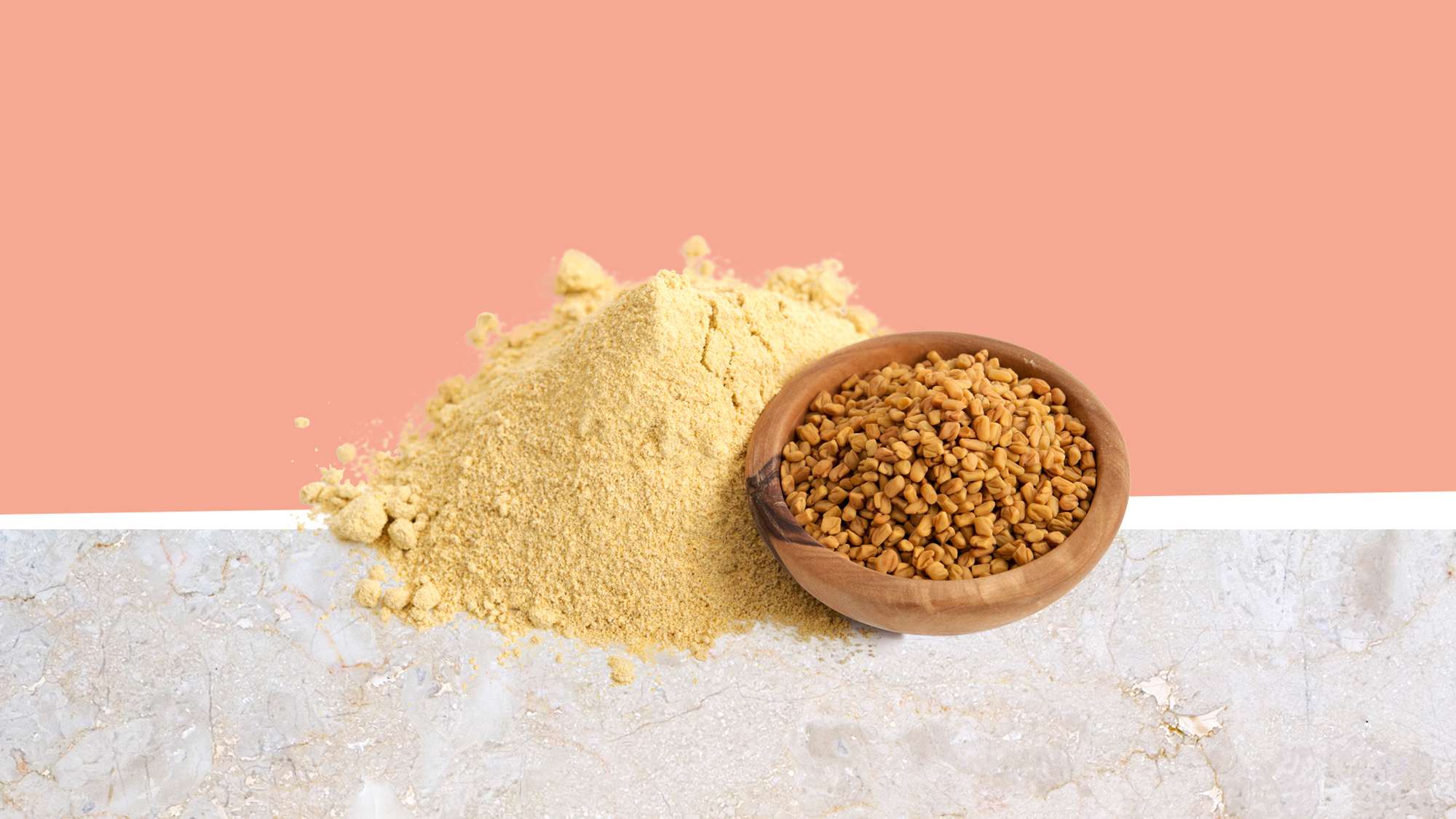
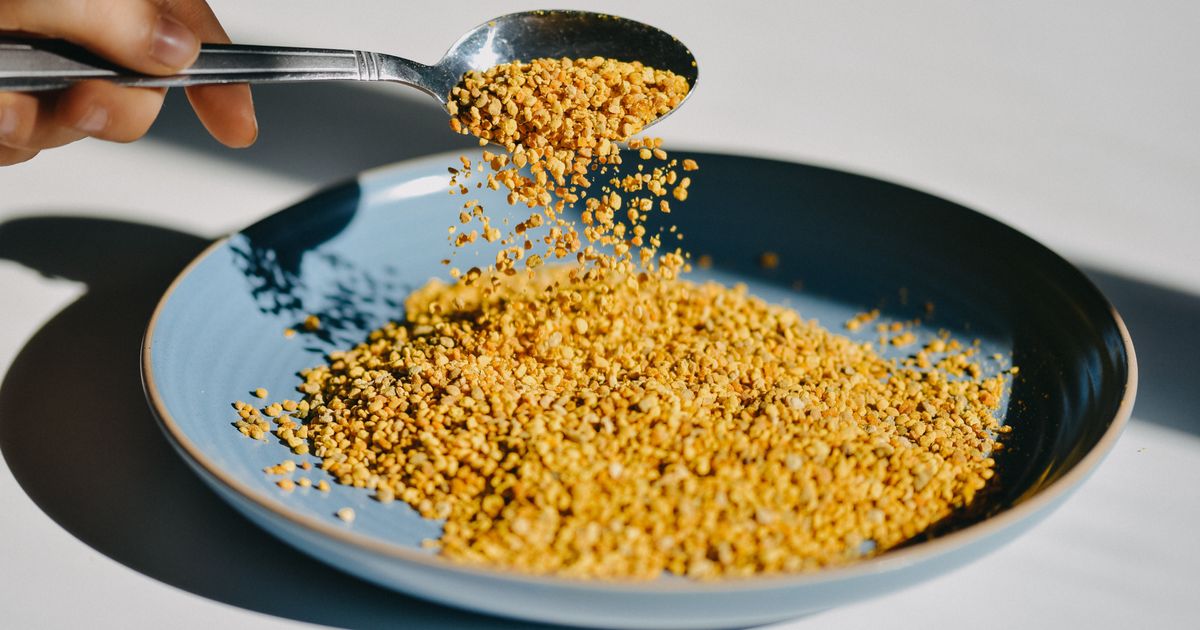
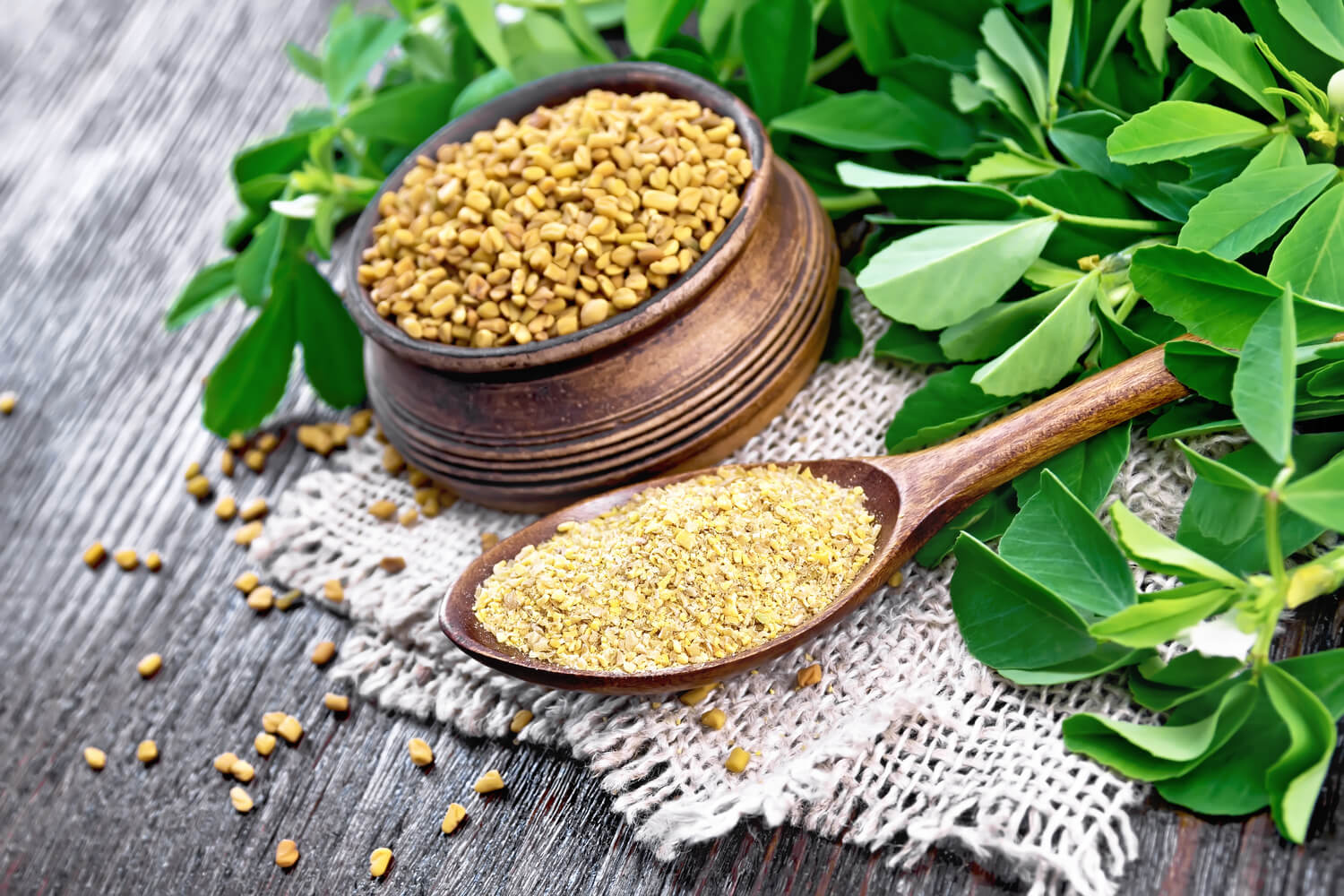
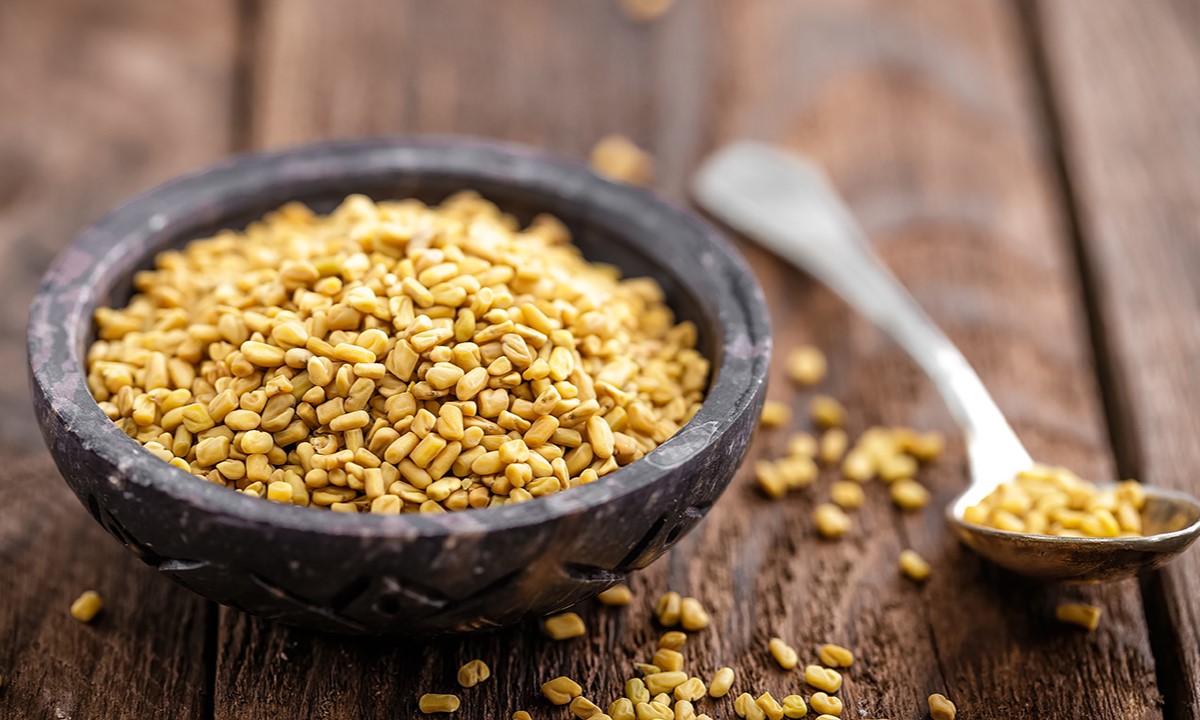
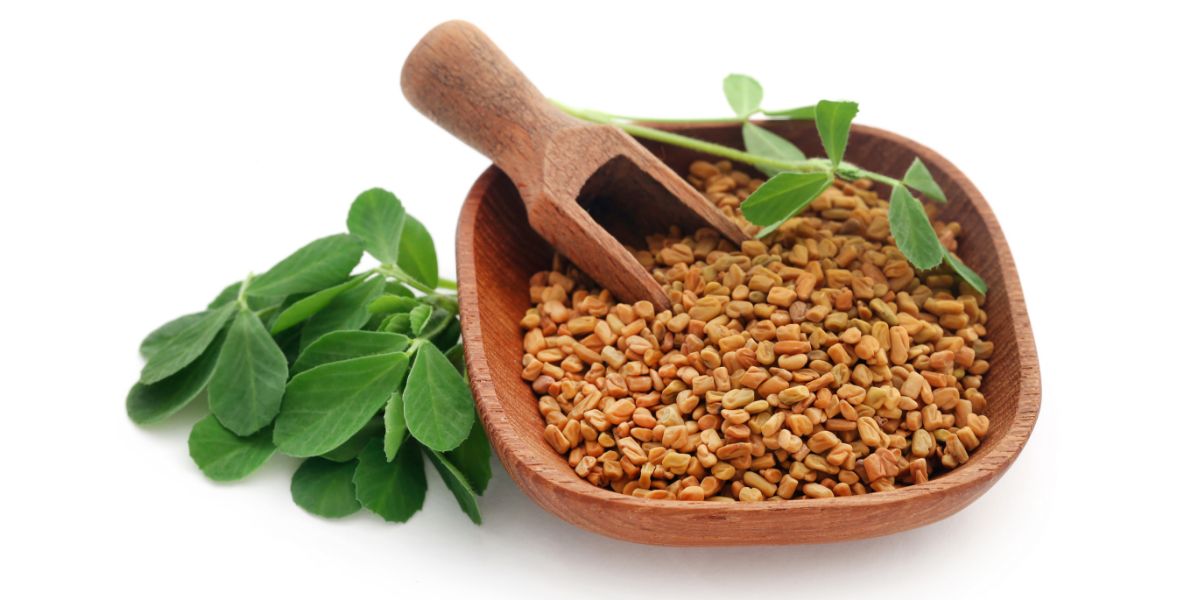
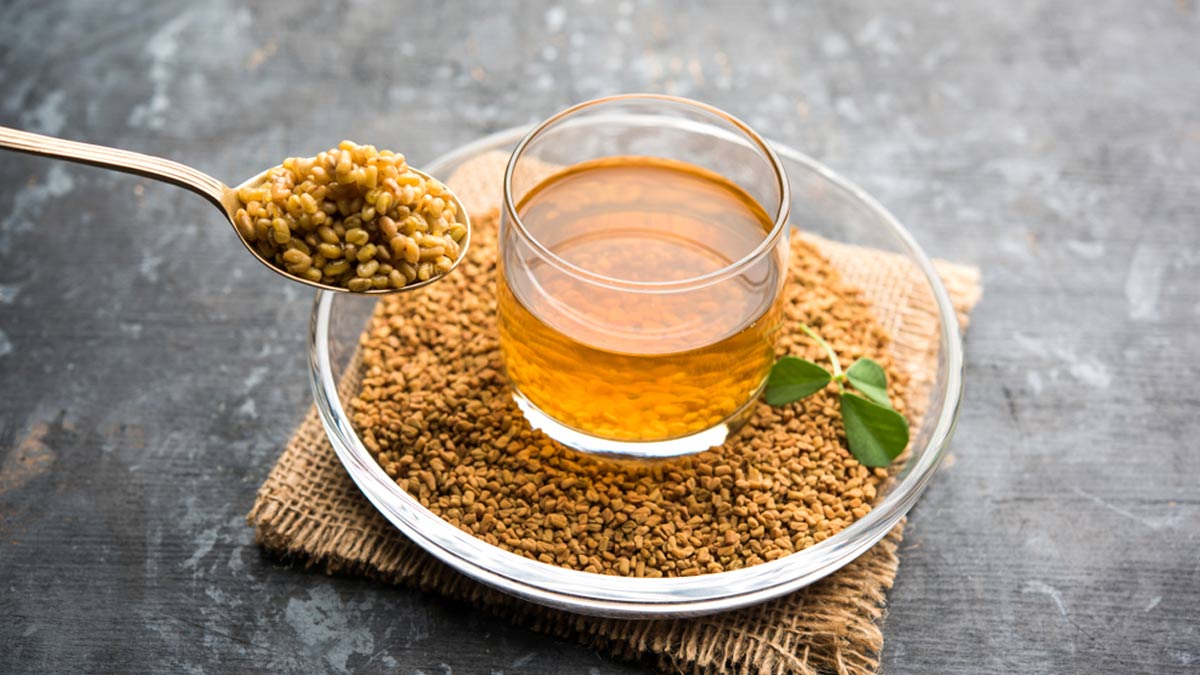
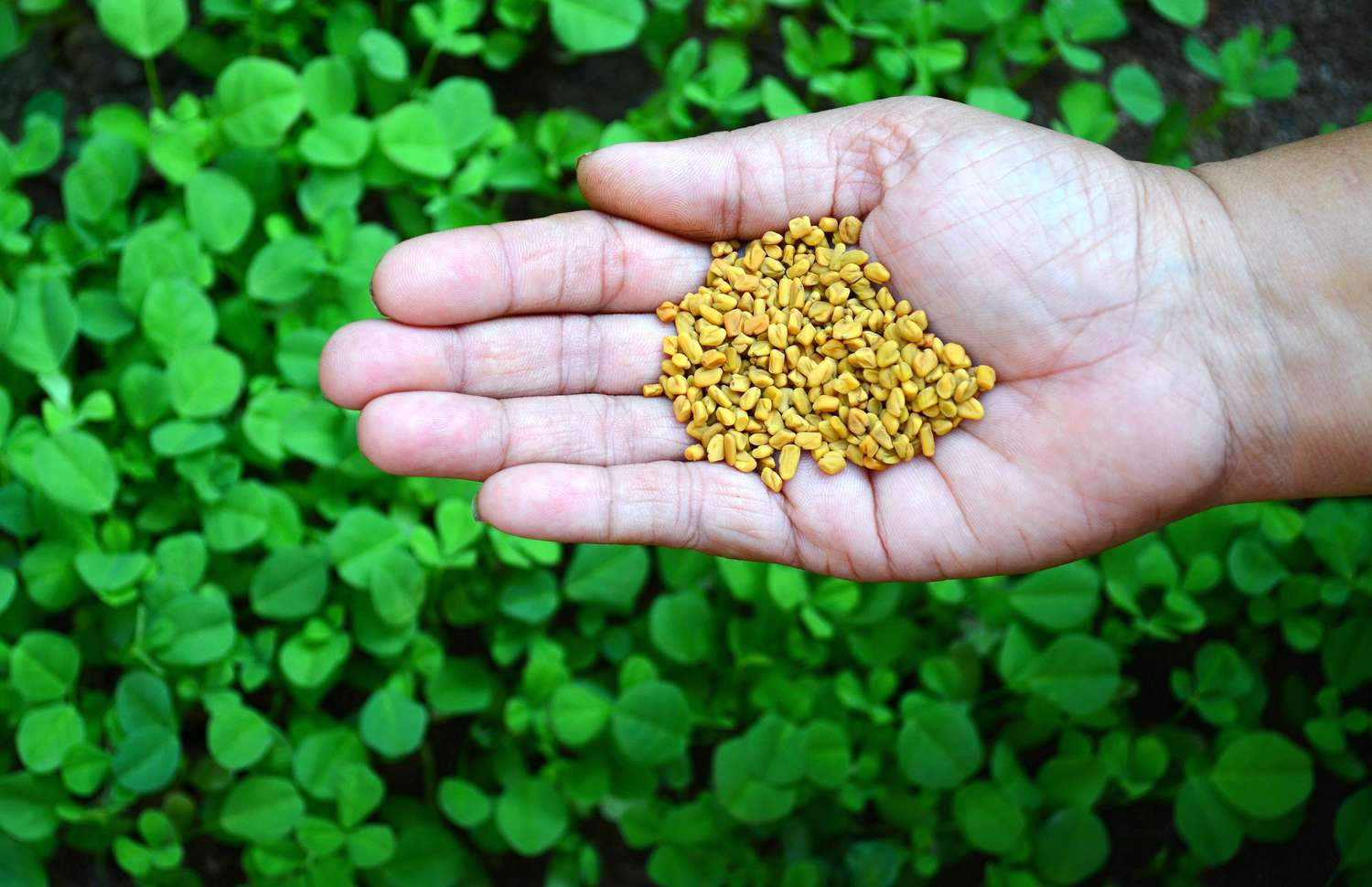
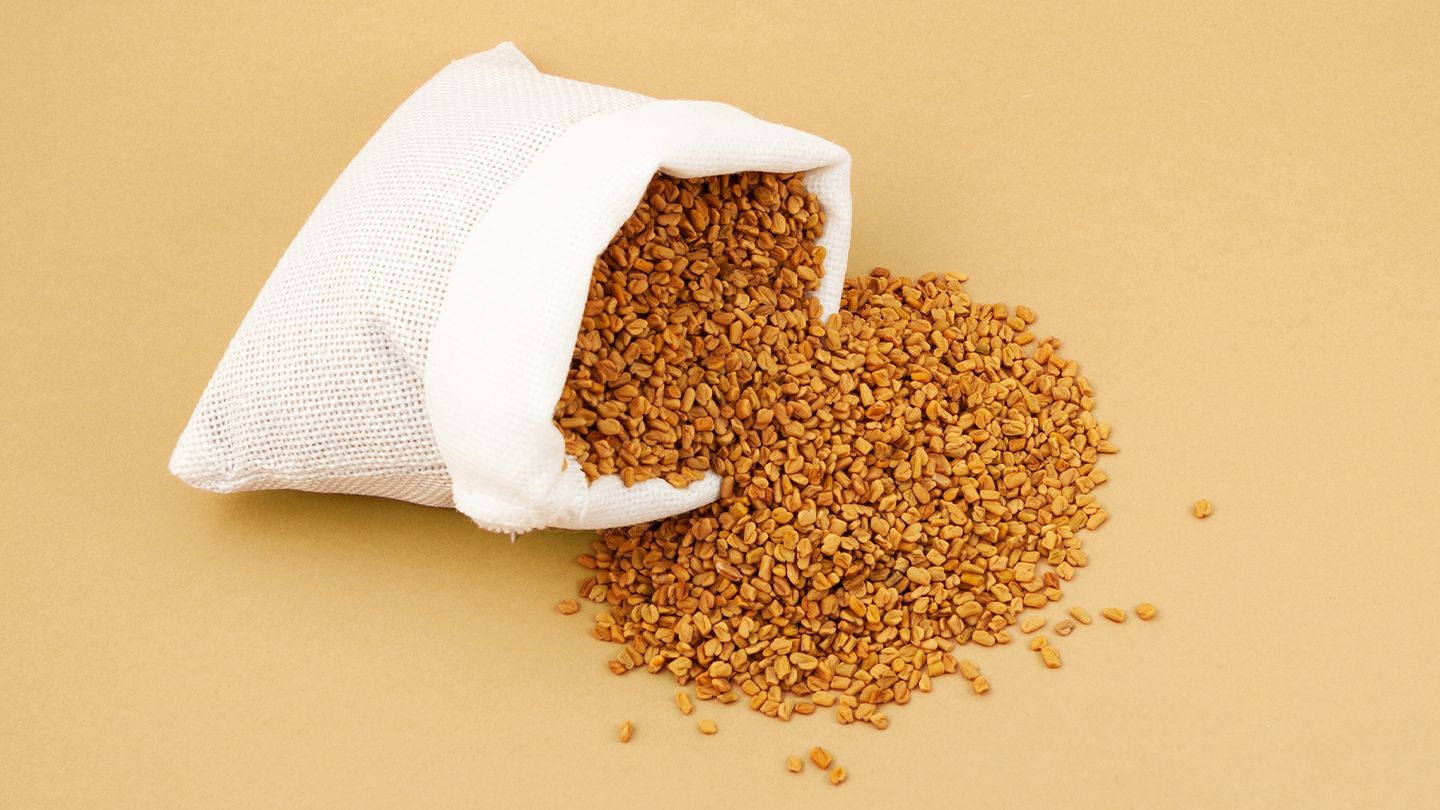
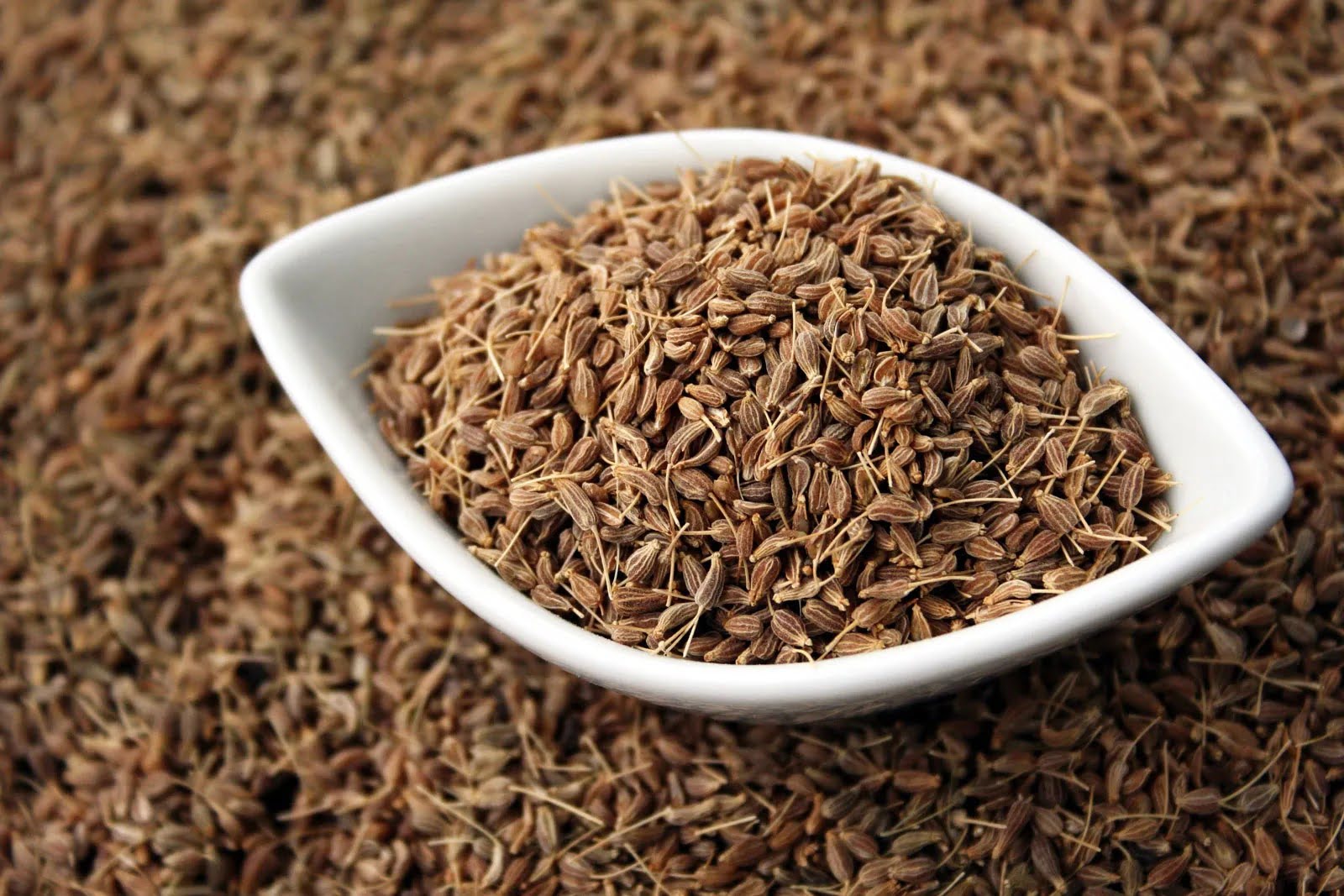
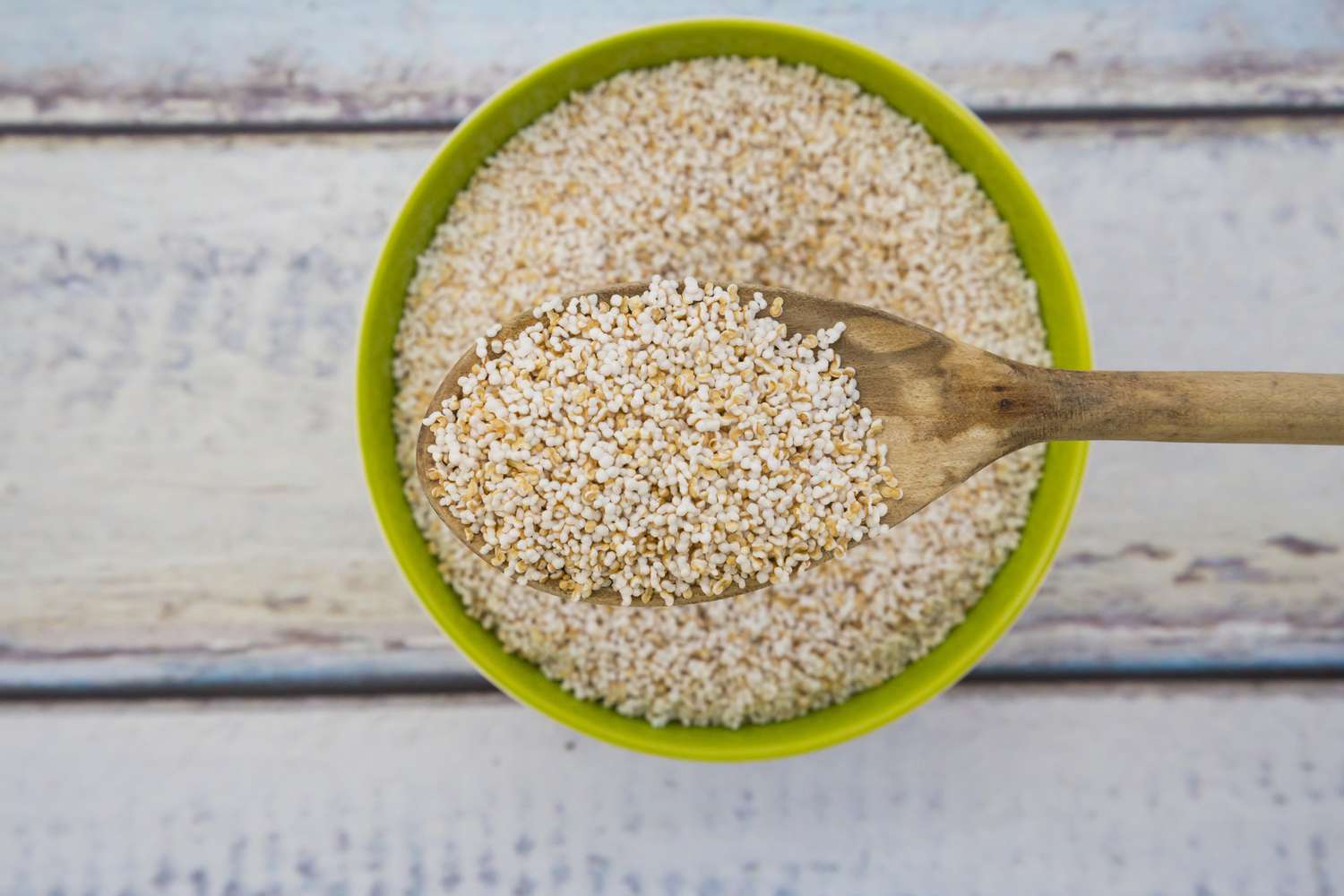
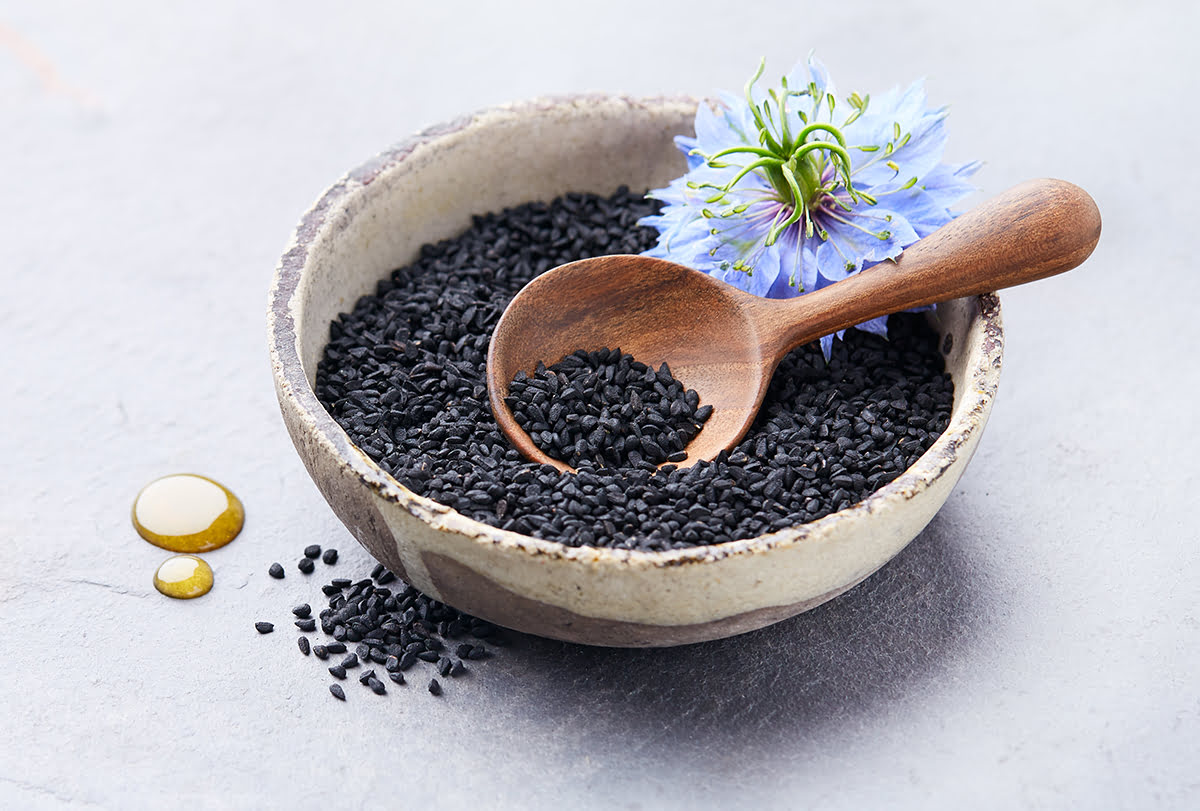




0 thoughts on “How To Use Fenugreek Seeds”